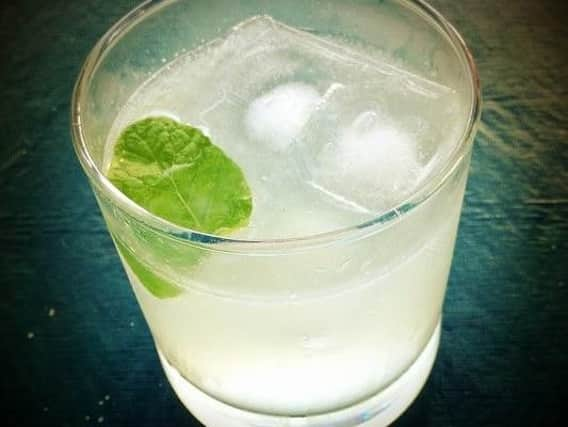Some ready-mixed alcoholic drinks have 'more sugar than nine custard creams'


Action on Sugar said that nine out of 10 pre-mixed spirits do not have on-pack sugar information and warned that consumers are unaware of the very large amounts they are drinking.
The organisation surveyed a total of 202 ‘ready to drink’ alcoholic beverages sold in-store and online. For those that had a lack of nutritional information, it commissioned an independent laboratory analysis of 21 products.
Advertisement
Hide AdAdvertisement
Hide AdIn the pre-mixed cocktail category, TGI Friday’s Passion Fruit Martini was the worst offender, containing over 12 teaspoons of sugar in the 590ml pack.
Meanwhile, a large 700ml bottle of WKD Blue provides 59g of sugar – the same as eating over four iced doughnuts in one sitting
In the spirit/liqueur and mixer category, the worst offenders were found to have in excess of 30g sugar - eight teaspoons - in a serving – more sugar than nine custard cream biscuits. However, Asda’s Vodka, Lime & Lemonade had just 12g of sugar - three teaspoons- in a 250ml can.
The sweetest gin and mixer was Classic Combinations Pink Gin and Tonic, containing a 27g of sugar in a 250ml can – the same sugar content as Coke. This is followed by Classic Combinations Rhubarb Gin and Ginger Ale with over five teaspoons of sugar in a 250ml can.
Lorraine Tulloch, programme lead at Obesity Action Scotland, said: “Ready to drink alcoholic beverages may be convenient but this study shows the alarming amount of sugar the industry is adding to these products. These products aren’t required to have a nutrition label on them and we can see very few companies have chosen to provide this information. “It is vital that customers be afforded an informed choice when purchasing food or drinks – there is no good reason why this should be any different simply because these drinks contain alcohol. The lack of available on-pack nutrition information, exposed by the survey, shows that voluntary self-regulation by the alcohol industry is not good enough.”
Katharine Jenner, campaign director at Action on Sugar, based at Queen Mary University of London, said: “‘Gin in a tin’ has become a cultural phenomenon with these types of drinks often consumed ‘on the go’ and without a moment’s consideration to how much sugar and alcohol goes into making them. Even if you did want to know, you can’t make a healthy choice as only one in ten of the products surveyed had enough information available.
“If consumers knew how much sugar was really in these drinks, would they still happily choose to drink their way to tooth decay, obesity and type 2 diabetes?”